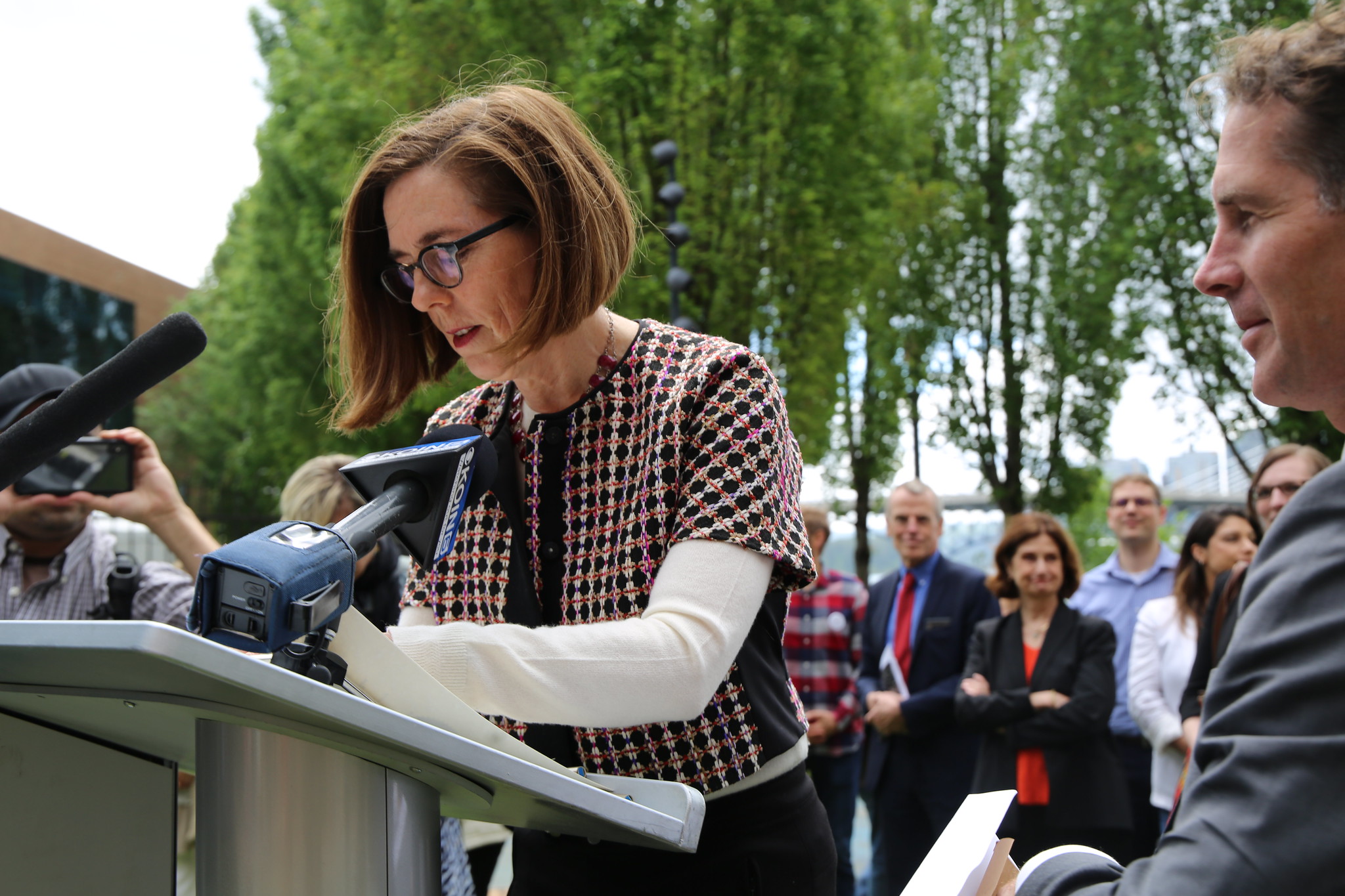Oregon took the most dramatic step of any state in the country to solve its housing affordability crisis by increasing density in cities and large suburbs.
In one of its final acts before the state legislature ended its year Sunday, the Oregon Senate, by a 17-9 vote, passed a bill that would remove bans on duplexes in lots previously restricted for single-family homes in cities larger than 10,000 people. The Oregon House had already approved the bill.
The measure, if signed by Gov. Kate Brown in the next month, will also allow larger multi-family units on land previously restricted for single-family homes in cities with more than 25,000 residents.
"The state's housing crisis requires a combination of bolder strategies," said Oregon House Speaker Tina Kotek, who sponsored the legislation. "Oregon needs to build more units, and we must do so in a way that increases housing opportunity for more people. Allowing more diverse housing types in single family neighborhoods will increase housing choice and affordability, and that's a fight that I'm willing to take on."
Now that Democrats control all three branches of government, they've used the opportunity to push a litany of progressive policies meant to make Oregon's air cleaner and less reliant on automobiles to get around. In addition, Oregon Senate President Peter Courtney proposed rezoning properties within a half mile of light rail to as much as 75 units per acre and lots within a quarter-mile of transit to as much as 140 units per acre, or roughly a six-story building.
Yet Republican lawmakers have responded by refusing to vote on anything they strongly opposed, even going so far as to flee the state last month to delay a cap-and-trade program that could reduce greenhouse gas emissions.
But when Republicans returned to vote on other bills in the final hours of the session, Democrats outmaneuvered them to bring the zoning bill to a floor with enough votes ensuring its passage.
Oregon's latest move comes as city and state governments around the country are upzoning their urban cores to eliminate sprawl by permitting more housing to be built on single-family lots.
In December, the Minneapolis City Council voted to end single-family zoning and instead allow triplexes to be built in every part of the city.
California is contemplating a measure raising the number of secondary cottages on a property from one to two.
And on Monday, the Seattle City Council voted to legalize up to two backyard cottages on a lot instead of one, restrict McMansions on single-family properties, and remove a requirement for off-site parking.
Much of Seattle's land is zoned for single-family use, but Seattle Council Member Mike O'Brien said the legislation could enable more housing to be built in places where people want to live.
“I believe this will be an opportunity to invite so many people into some of our most exclusive neighborhoods,” he told The Stranger Monday. “I think this is an opportunity to stem that trend, to allow additional units, to allow smaller units that will be more affordable."






